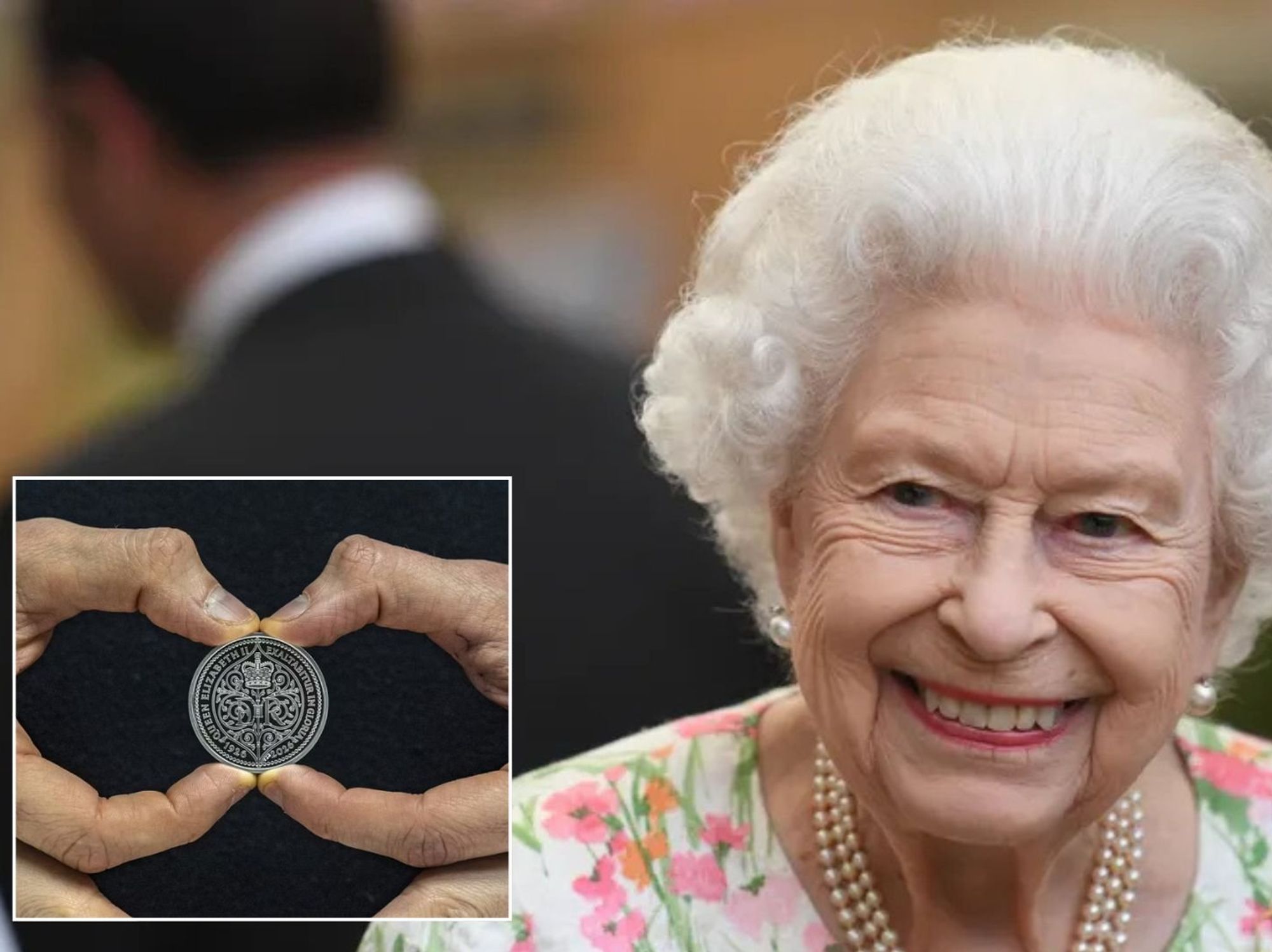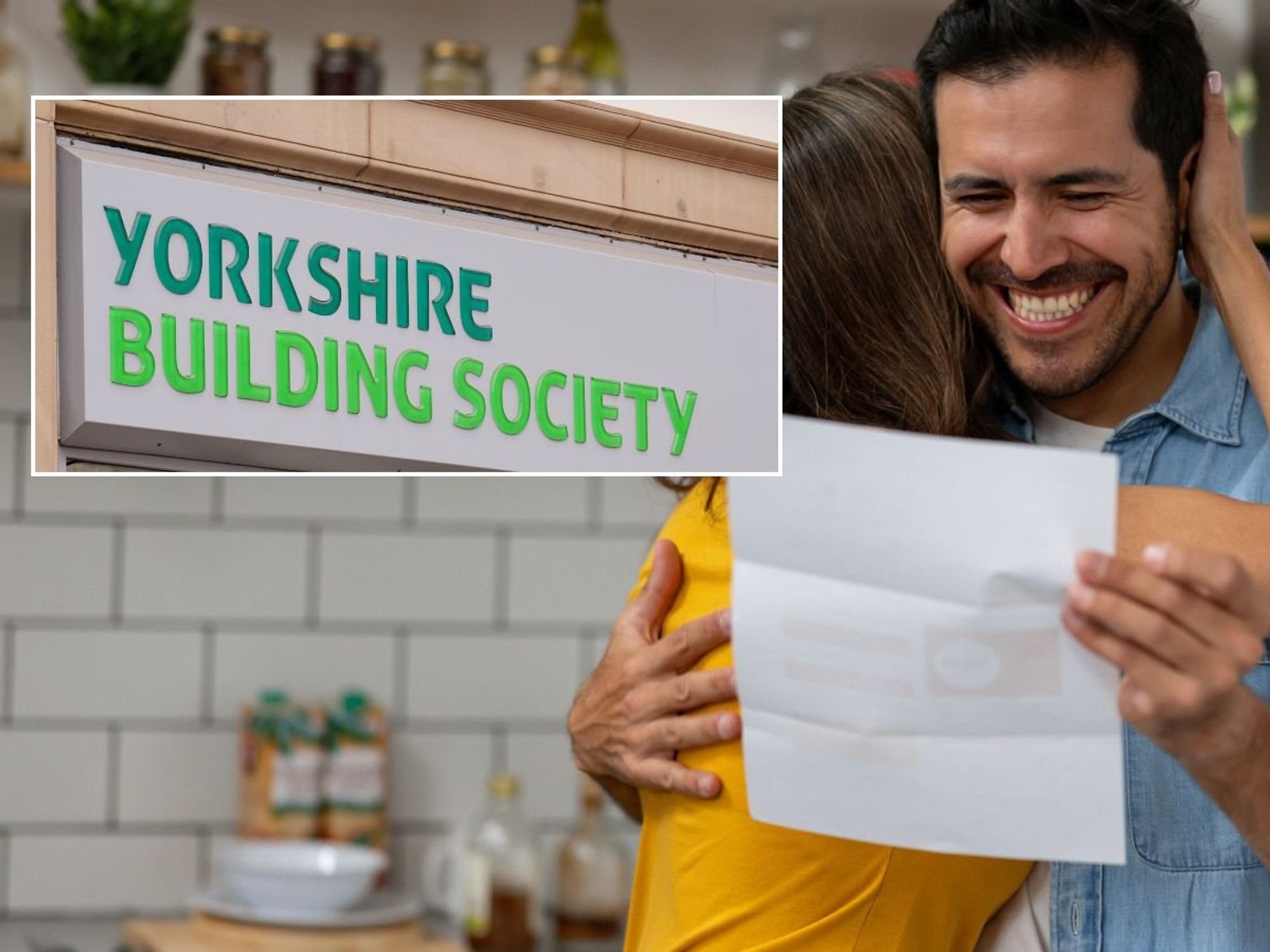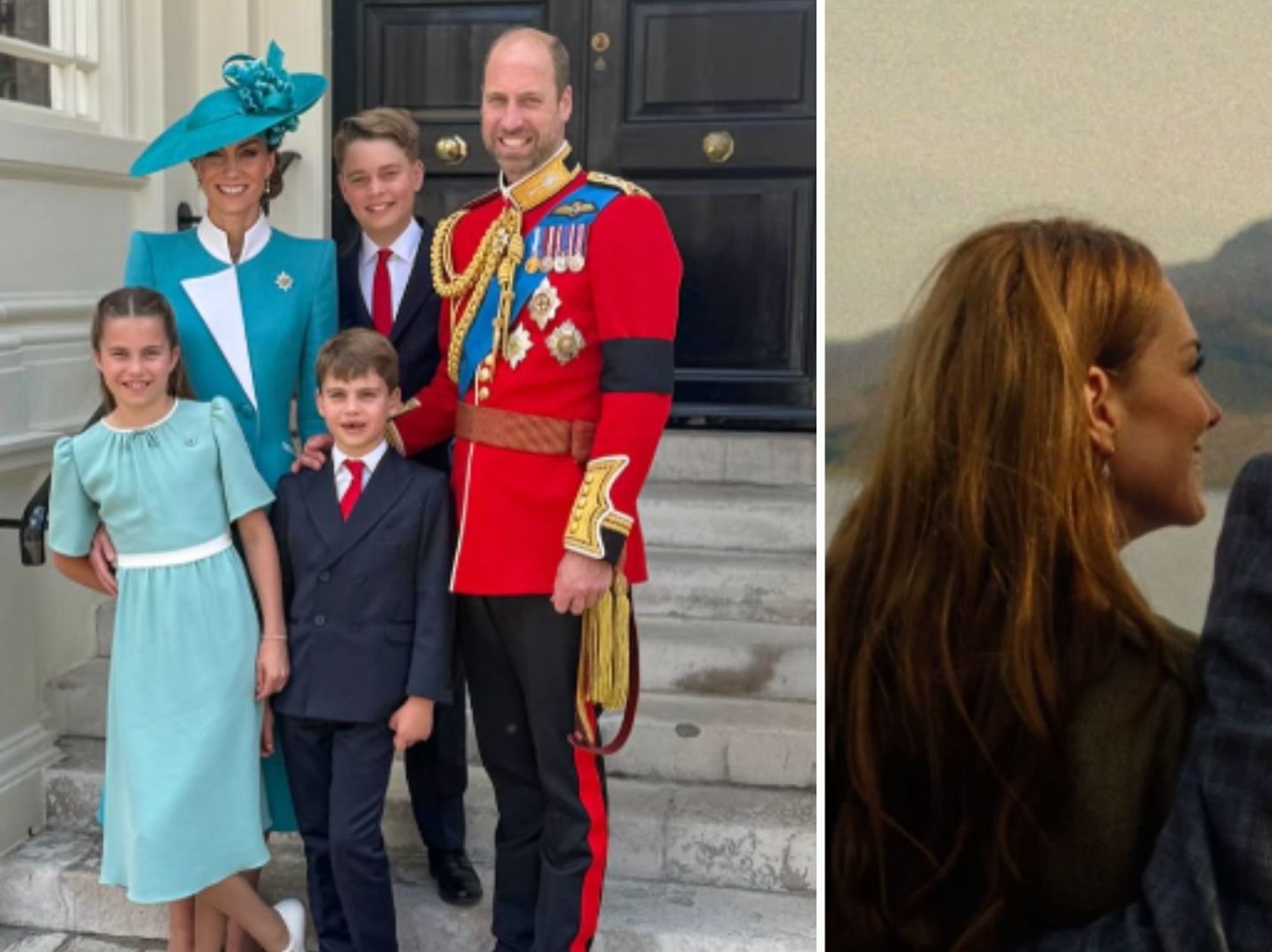POLL OF THE DAY: Do you think the two child benefit cap should be scrapped? - YOUR VERDICT
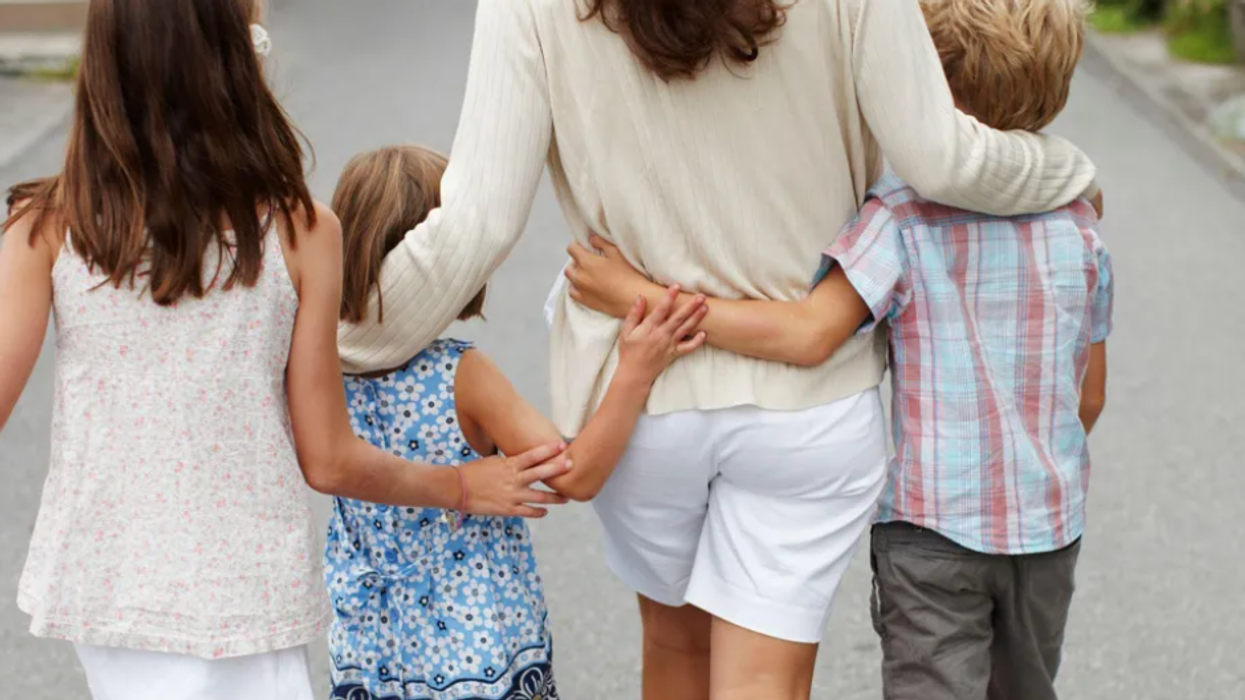
An SNP amendment to the King's Speech on the two-child benefit cap was defeated in Parliament last night
|Getty

GB News members were asked whether they think that the two child benefit cap should be scrapped
Don't Miss
Most Read
An SNP amendment to the King's Speech on the two-child benefit cap was defeated in Parliament last night.
Stephen Flynn tabled an amendment which would have allowed parents to claim child tax credit or universal credit for more than two children.
The amendment was defeated after just 103 MPs voted in favour of it, while 363 voted against.
Of those 103, seven of them were Labour MPs, despite the Government whipping them to vote against the amendment.
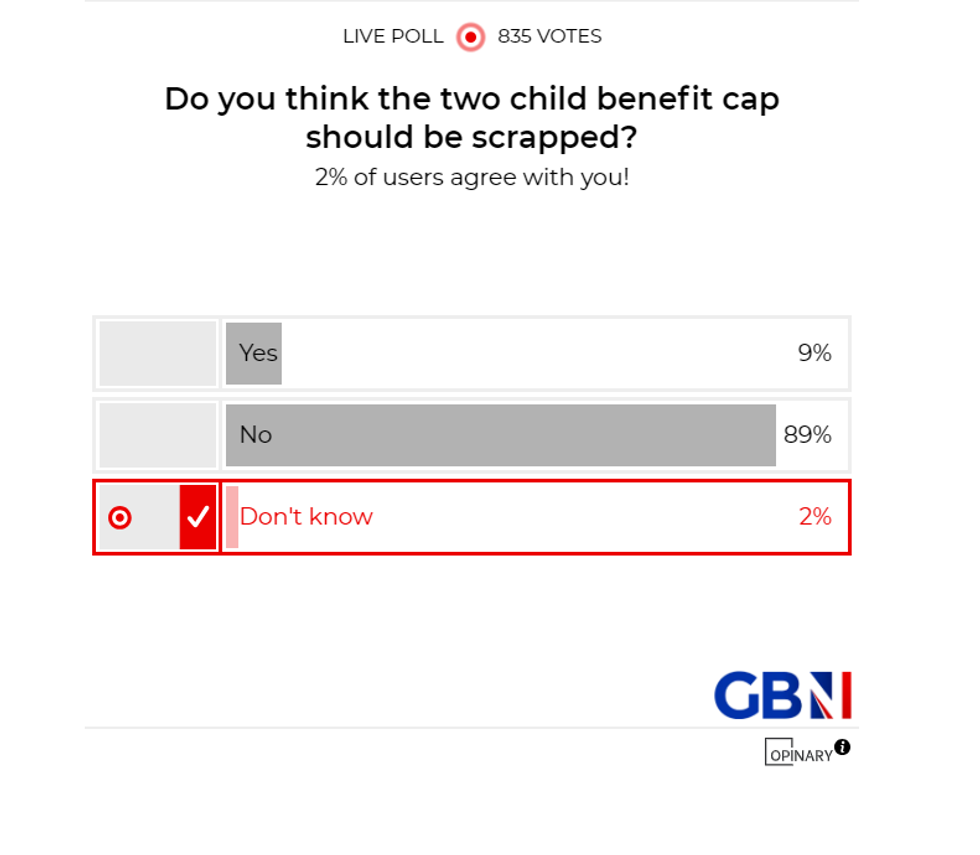
POLL OF THE DAY: Do you think the two child benefit cap should be scrapped? - YOUR VERDICT
|GB News
Those seven were: Apsana Begum, Imran Hussain, Ian Byrne, Richard Burgon, Zarah Sultana, John McDonnell and Rebecca Long-Bailey - all of whom were suspended as a result.
Liverpool Riverside MP Kim Johnson was identified as a leading Labour rebel, having attempted to lay an amendment to abolish the cap.
Johnson, whose amendment was not selected, later confirmed she voted with Starmer's Government.
She said: "Thanks to all who fought hard for the Labour Government to immediately scrap the two-child cap.
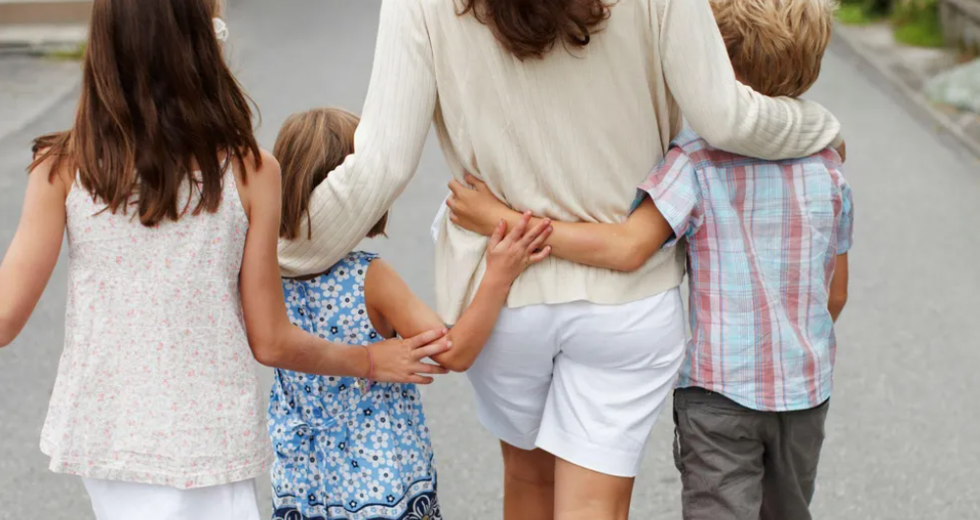 An SNP amendment to the King's Speech on the two-child benefit cap was defeated in Parliament last night | Getty
An SNP amendment to the King's Speech on the two-child benefit cap was defeated in Parliament last night | Getty"We moved the dial, the campaign will continue. Voted with the Government tonight for unity but made it clear: the massive strength of feeling is undeniable It must be a priority for our first budget."
Flynn claimed the result showed Labour "failed its first major test" since entering Government.
He added: “Labour MPs had the opportunity to deliver meaningful change from years of Tory misrule by immediately lifting thousands of children out of poverty – they have made a political choice not to do so.
“This is now the Labour Government’s two-child cap – and it must take ownership of the damage it is causing, including the appalling levels of poverty in the UK.”
The vast majority of GB News members who voted in the poll don't think the two child benefit cap should be scrapped, with 89 per cent voting against it.
Meanwhile nine per cent think it should, while two per cent are unsure.





